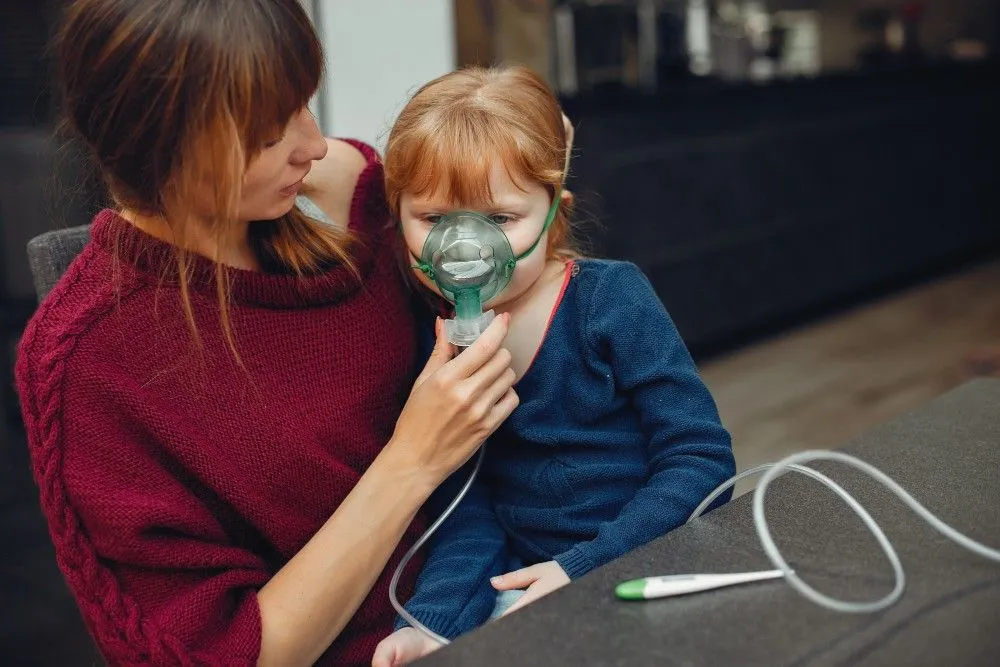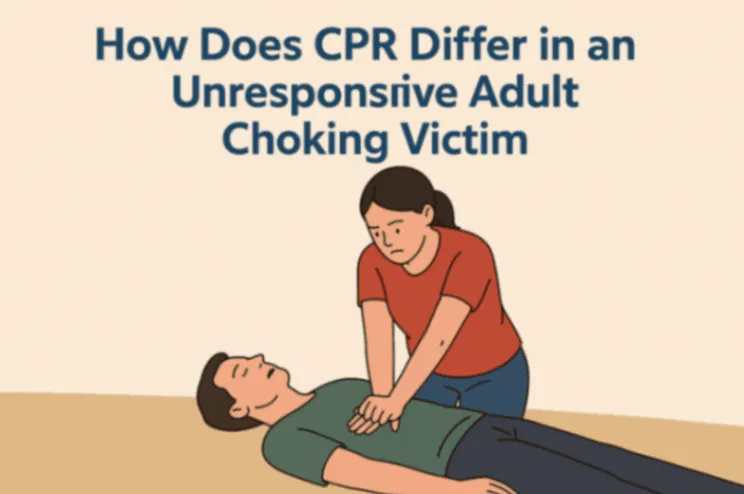Does vaping cause cancer? It is a question more people ask now as e-cigarettes become common. Smokers try to switch. Young users start with a vape. Many believe it’s safe. Some think it's clean smoke. The truth lies in how both affect your body over time.
Let’s break down what vaping does, how it compares to smoking, and what risks come with each habit. We’ll also see what studies say about long-term use.
Vaping vs Smoking: Which Is Safer?
You may think vaping is a better pick. It smells less. It has no ash. It feels light on the lungs. But does that make it safe?
Doctors agree—neither is safe. Smoking harms every organ. It has known links to stroke, heart attack, and cancer.
Vaping may seem new. But that doesn’t mean it is harmless. The vapour holds toxins. It carries nicotine. It hits your lungs.
Both forms have health risks. But one may cause harm fast. The other may build silent damage. You must look at both.
Health Risk Comparison
|
Health Risk |
Smoking |
Vaping |
|
Lung damage |
Yes – heavy and fast |
Yes – slower but still harmful |
|
Heart problems |
Strong link to heart attack and stroke |
May raise heart risk over time |
|
Cancer risk |
Very high (many types) |
Still unclear, but likely present |
|
Addiction (nicotine) |
Very strong |
Also strong – many vapes have it |
|
Harm to others nearby |
Yes – secondhand smoke is dangerous |
Less clear, but vapour may still harm |
What Smoking Does to the Body
Smoke from a lit cigarette contains over 7,000 chemicals. Some of the worst include tar, which damages the lungs, carbon monoxide, which cuts off oxygen, formaldehyde, ammonia, and arsenic. About 70 of them are proven carcinogens.
Long-term use can harm the lungs, heart, brain, and skin. It leads to blocked veins. It raises the risk of stroke. It can harm eyes and bones. It lowers sperm count. It may cause birth defects.
Smoking leads to most lung cancer deaths. It also causes chronic lung disease. Over time, the body loses the strength to fight.
Long-term effects of smoking:
- Weakens the immune system and increases inflammation
- Strains the heart and thickens blood
- Wears out the lungs and reduces brain flow
- Weakens bones and stiffens joints
- Raises the risk of cancer in the mouth, throat, gut, kidney, and bladder
How Vaping Affects You
Many use vaping to quit smoking. Some teens start with vaping just for fun. They feel it's clean. But the truth is far off.
Vape uses heat to turn liquid into vapour. This liquid has nicotine. It also holds flavours, solvents, and metal traces. You breathe these into your lungs.
Some of the common effects of vape use:
- Chest tightness
- Breathing issues
- Raised heart rate
- Sleep trouble
- Mood changes
Whether vaping causes cancer is still being studied. But the vapour can hold diacetyl and VOCs, both of which harm lung tissue.
A 2022 study titled "Cancer Prevalence in E-Cigarette Users: A Retrospective Cross-Sectional Study" found that e-cigarette users have more than double the risk of developing cancer compared to non-users.
Many use vaping to quit smoking. Some teens start with vaping just for fun. They feel it's clean. But the truth is far off.
Vape uses heat to turn liquid into vapour. This liquid has nicotine. It also holds flavours, solvents, and metal traces. You breathe these into your lungs.
Common effects of vape use:
- Chest tightness
- Breathing issues
- Raised heart rate
- Sleep trouble
- Mood changes
Long-term effects of vaping:
- May cause cancer—early research shows it might
- Lowers immune strength and brings toxins deep into the chest
- Vapour holds fine particles that can stick in the lungs
- Linked to EVALI, especially with THC; even without it, vape users had more lung problems than non-users
Does Vaping Help Quit Smoking?
This is where things get mixed. Some say vaping helped them quit. Others say they got hooked on both.
A study found that smokers who used e-cigarettes daily were more likely to stop smoking. But those who used it off and on had no such luck.
Another trial showed that daily vape users quit more often than those who used patches or gums. But these were only when vape use was daily and steady.
Doctors warn that vaping can lead to dual use, where you don’t quit either. You smoke and vape at the same time. That doubles the risk.
Read Also: What Happens When You Quit Smoking and Start Vaping?
Is Nicotine from Vaping Addictive?
Yes. Nicotine hooks you fast. It gives a short high. Then it fades. You crave more.
This leads to more puffs. More intake. More time with the vape. The body builds a need. It becomes part of your routine.
Studies show vape may be more addictive in young users than cigarettes. This may be due to the flavour, easy access, and strong dose in small hits.
Does Vaping Cause Less Cancer Than Smoking?
People often ask, Does vaping cause cancer less than smoking?
Yes, vaping has fewer known chemicals. But it’s not clean. Vapour holds cancer-linked particles too.
The key point is this—it’s not just about the number of chemicals. It’s also about how deep they go in the lungs, how long you use them, and how your body reacts.
So far, there is no safe level of vape use. There is also no proof that long-term use avoids cancer.
Can You Quit Both Vaping and Smoking?
Yes. And you should. Both harm your lungs. Both hold nicotine. Both raise health risks.
Doctors advise using support. You can use tools like nicotine patches or gums, mobile quit apps, or go for behavioural therapy and medical support or helplines.
Cutting down is not enough. Try to stop fully. One puff still counts.
Final Thoughts
So, does vaping cause cancer more than smoking? Not always. But that doesn’t make it safe. The fact that vape users had a higher cancer risk than non-users says enough.
You must weigh the harm. Vape may have fewer toxins, but it still affects your lungs, heart, and brain.
Quitting both gives you the best shot at a clean start. Don’t swap one trap for another. Choose better. Choose life.
Frequently Asked Questions
Does vaping cause cancer like smoking?
Yes, vaping can cause cancer. While it may have fewer chemicals than smoking, it still contains carcinogens, substances that can lead to cancer over time.
Does vaping cause cancer without nicotine?
Yes. Even without nicotine, vapour has harmful stuff like flavours and solvents that can damage lungs and raise cancer risk.
Does vaping cause cancer in teens?
It might. Teens are still growing, and vape toxins can affect brain and lung cells, which may raise future cancer risk.
Does vaping cause cancer faster than smoking?
Not clear yet. But some research shows vape users had higher cancer odds than smokers, which means the risk is real.
Does vaping cause cancer if done once in a while?
Even rare use is not safe. There’s no known safe level, and vapour can still harm cells with every puff.
Reviewed by







